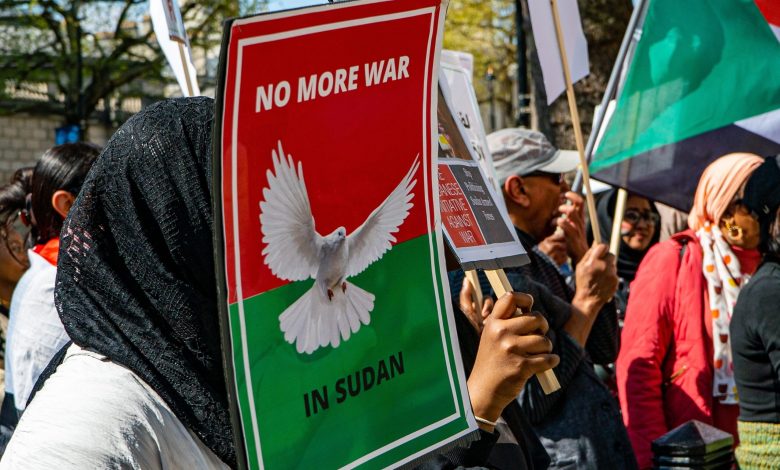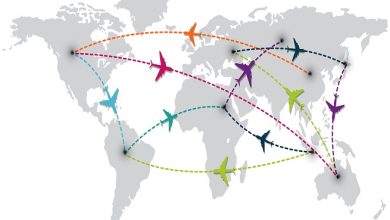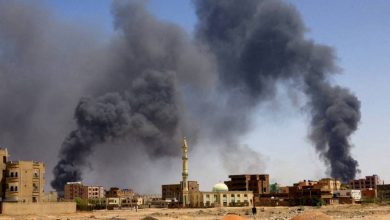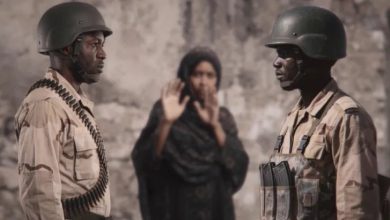Envisioning A Path to Peace and Stability in Sudan (2-3)

by Mohamed Salih Mohamed YASSIN
In order to resume its democratic transition, restore the transitional constitutional order, and embrace a good governance system, a digital transformative governance system is badly needed to compute an overall reshaping of a national project on sound principles and balanced developmental orientation, and devolution in terms of equitable power and wealth sharing. The intended socioeconomic devolution should be a cornerstone anchored on the unity of the country benefiting from the diversity of its people and natural endowments blessing the Sudans. The dysfunctional governance system in Sudan has consequential socioeconomic implications dissipating via forced migration through the shared porous boundaries with Egypt, Libya, Chad, Central African Republic, South Sudan, Ethiopia, Eritrea, and the adjacent the Red Sea countries. This implies that any endeavour to address the peace and security challenging dilemma in Sudan should cater for the regional and trans-boundary complex dimensions. Which implies addressing issues of peace and security in Sudan in connection and interdependence with its complex systems of the Red Sea, Horn of Africa, and beyond.
Principles of good governance ranging from fighting against corruption, rule of law, transparency, accountability, social justice, reconciliation, and transitional justice should be put in place and practiced. Essentially, a comprehensive and participatory constitutional building process, given the non-constitutional governance systems currently illegitimately running the country.
Education and awareness
The endeavours to reciprocally achieve and sustain peace and security as a priority to construct a national project should be oriented towards promoting education and awareness among citizens about the importance of peace and the values of tolerance while integrating educational programs that promote cultural understanding and respect to cultural diversity. In general, Sudanese people should be enabled to fully understand that peace and security are not merely about agreements to be inked, as in most of the dishonoured cases, but rather a tangible value and reciprocal collective benefit. Digital inclusion and social media could play a major role as a vector of dissemination to the culture of peaceful co-existence and mutually respected values. The potential of digitalization should be used as a medium for constitutional consultation and peace building processes. Currently, there is a suitable momentum to run a popular consultation on issues related to a possible comprehensive peace agreement laying the foundation for a constitutional assembly to draft a permanent constitution for Sudan.
Experience and knowledge sharing from around the globe are available, and there are plenty of similar or analogous experiences as the case of Sudan. Sudanese people can take stock of that through specialized institutions and through architecture a popular constitutional consultation culminating in a constitutional local and national referendum.
Economic development
There should be a well-articulated and written vision in engineering and promoting sustainable economic development to improve living conditions, restore means of sustainable livelihood, and reduce poverty in Sudan. In general, addressing the developmental imbalances within its territories. Fundamentally, that should be diligently achieved by encouraging targeted, responsible investments and decent job creation to reduce economic tension and developmental inequalities.



